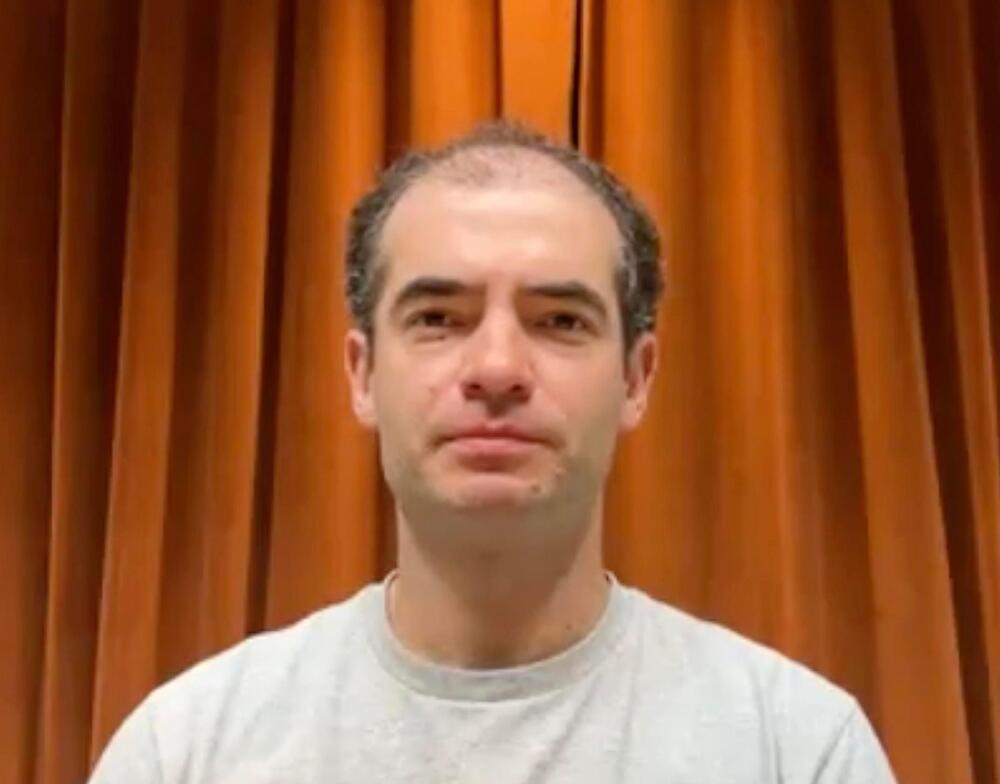As we hurtle towards a future filled with artificial intelligence, many commentators are wondering aloud whether we’re moving too fast. The tech giants, the researchers, and the investors all seem to be in a mad dash to develop the most advanced AI. But are they considering the risks, the worriers ask?
The question is not entirely moot, and rest assured that there are hundreds of incisive minds considering the dystopian possibilities — and ways to avoid them. But the fact is that the future is unknown, the implications of this powerful new technology are as unimagined as was social media at the advent of the Internet. There will be good and there will be bad, but there will be powerful artificial intelligence systems in our future and even more powerful AIs in the futures of our grandchildren. It can’t be stopped, but it can be understood.
I spoke about this new technology with Ilya Stutskeve r, a co-founder of OpenAI, the not-for-profit AI research institute whose spinoffs are likely to be among the most profitable entities on earth. My conversation with Ilya was shortly before the release of GPT-4, the latest iteration of OpenAI’s giant AI system, which has consumed billions of words of text — more than any one human could possibly read in a lifetime.









Comments are closed.